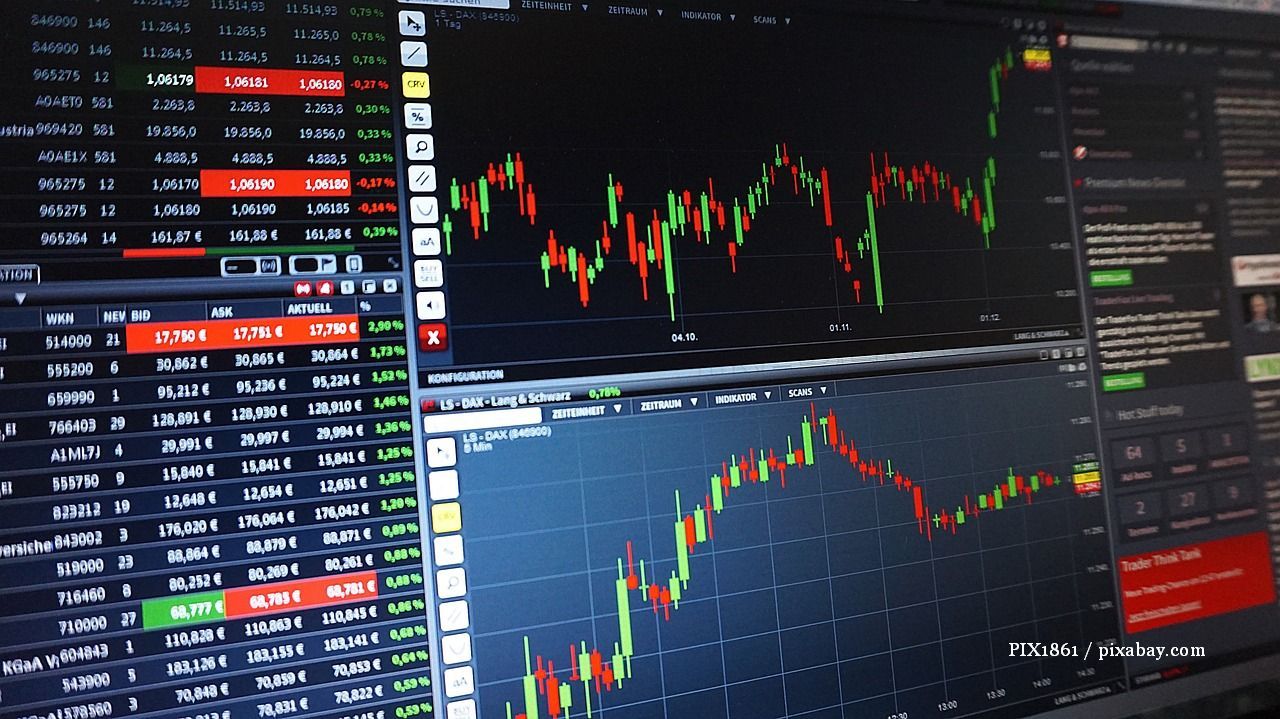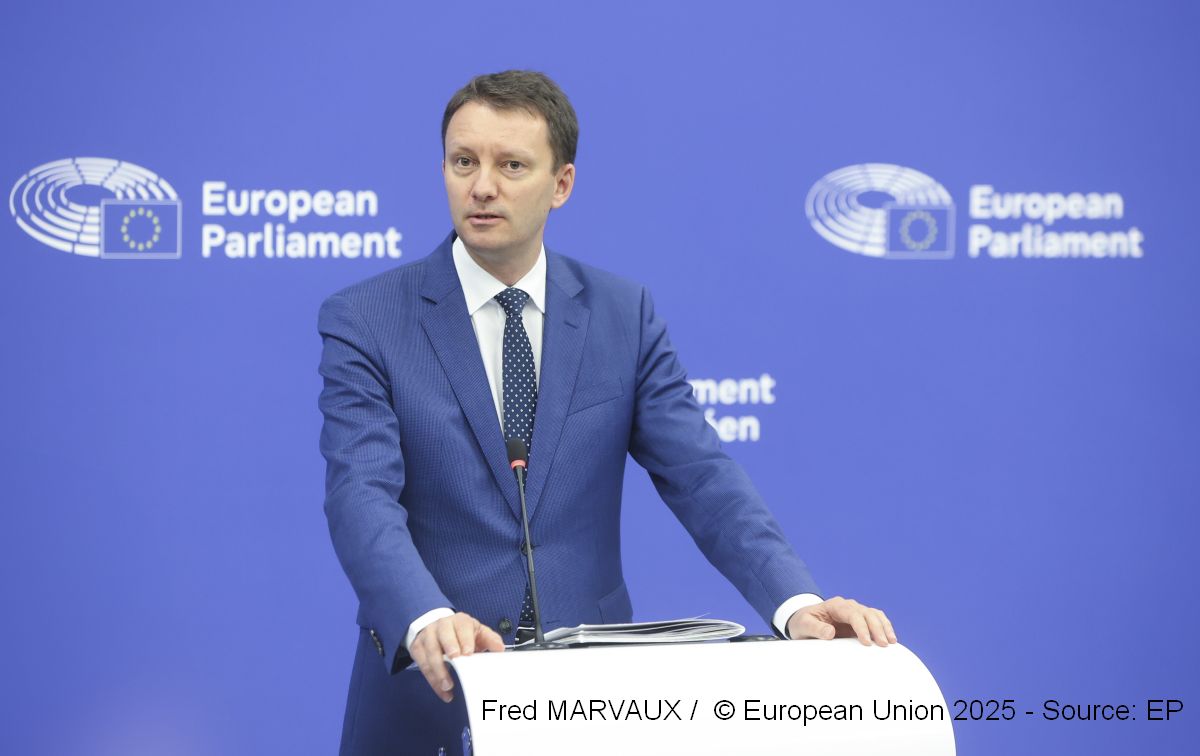Economic effects of political instability
The political deadlock is generating significant economic problems

Roxana Vasile, 20.12.2024, 14:00
The deadlock related to the establishment of a parliamentary majority to propose a prime minister and, therefore, the impossibility of forming a new Government, is having acute effects on the economy. On Thursday, the Bucharest Stock Exchange closed in the red. The BET index, which includes the 20 most traded companies, went down by 2%, and the BET-Plus, which shows the evolution of the 43 most liquid shares, decreased by 1.97%. The benchmark index for the return on investment funds or the one that measures the evolution of the 10 energy and utility companies also reported a decline. Citing political uncertainty in Romania, this week Fitch rating agency downgraded the country’s outlook from stable to negative, the lowest possible rating. This translates into the increase in the price of Romania’s international loans, which makes economists even discuss the need for Bucharest to resort, possibly, to the expertise of the International Monetary Fund, known for its austerity policies.
The economy was already struggling in the absence of political instability. Budget and current account deficits are very high, inflation continues to financially burden people, economic growth is experiencing a significant slowdown, and public debt has exceeded 50% of the GDP and continues to grow. If political instability continues, the economy may face other problems, Professor Mircea Coşea warns, arguing that political decision-makers are basically sabotaging their own economy:
“What are the immediate consequences? The collapse of the Stock Exchange. The Stock Exchange is the most important indicator concerning the evolution of the economy. It reported a loss of 1 billion or so EUR in a matter of minutes. Effects could manifest themselves in the field of the exchange rate as well, as the Leu could have problems. Here, the National Bank will make an effort, as it has always done, to keep the national currency afloat, but it cannot do so indefinitely. It is a very complicated context. We will have a stagnation of investors’ interest in coming to Romania and a freezing of foreign investors’ projects during this period of political instability. And we will have much stricter monitoring from the European Union with regard to what is happening in the fiscal and budget field, considering that we have signed a fiscal program with the EU to remedy the deficit for 7 years. In the context where we face major delays with the implementation of Recovery and Resilience benchmarks, with a year and a half left to implement them, it is possible that absorbing money from this mechanism could also hit certain obstacles”.
In other words, Mircea Coșea says, a country that is not stable is an unpredictable country. Unpredictability is the greatest difficulty that a business plan can encounter, including at national level. (VP)






























